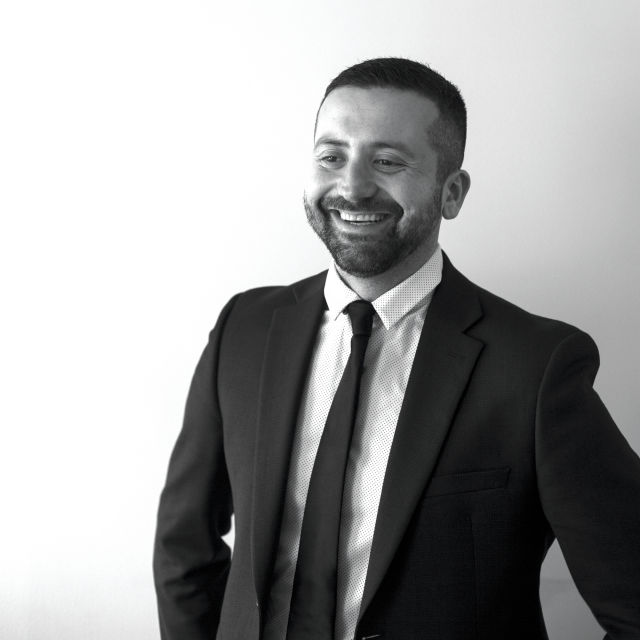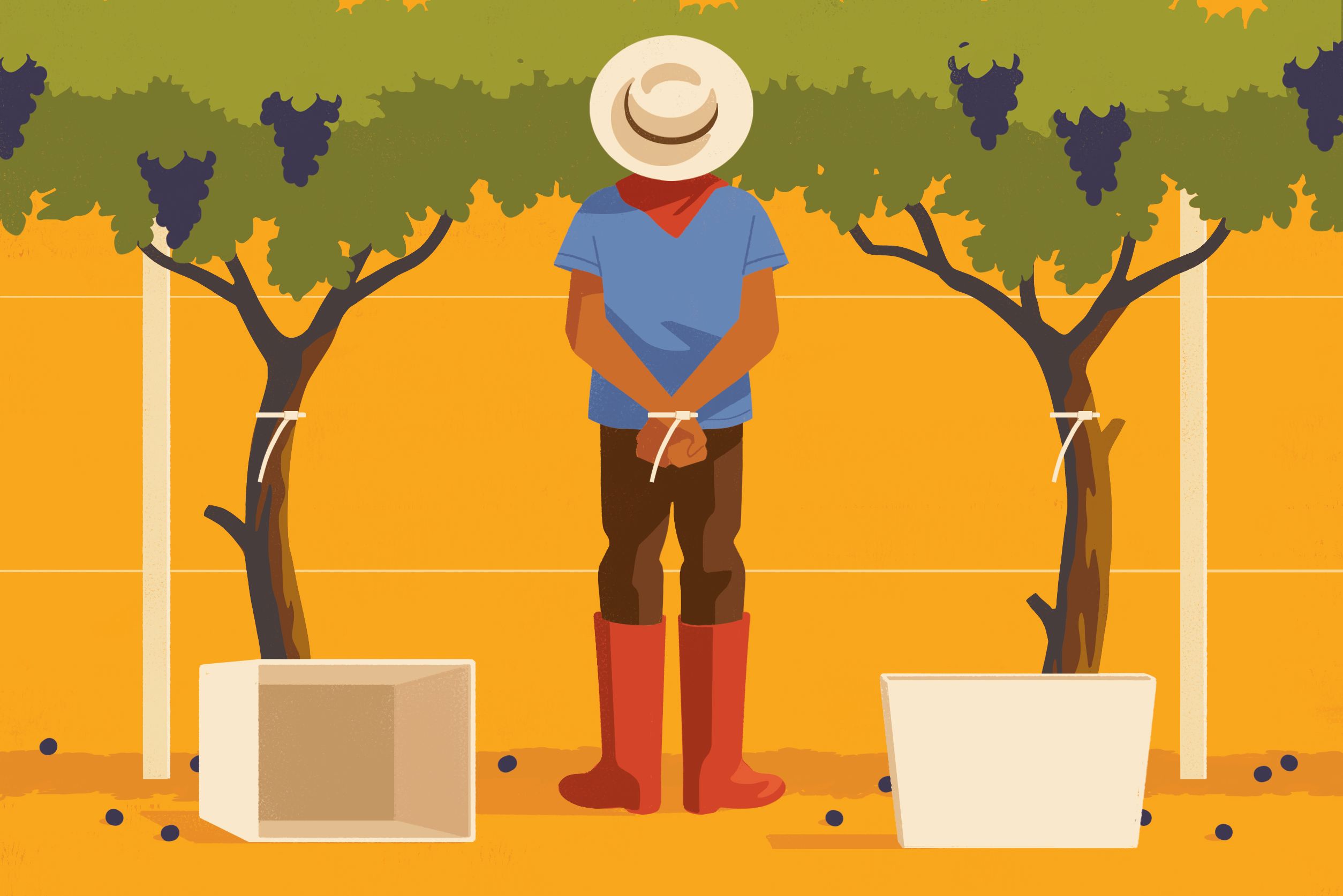Outgoing Editor in Chief Marty Patail Reflects on the March Atlanta Shooting

Image: Brian Breneman
One March Evening in Atlanta, eight people were murdered, among them six Asian American women, gunned down at their place of work. In the hours that followed, law enforcement granted the alleged shooter the authority to name his own motives and then repeated them to the press. The suspect absolved himself of racist intentions.
That is bullshit. Most of us knew it was bullshit as soon as we heard it. But that knee-jerk denial of racism—and law enforcement, the media, and the general public’s willingness to give it oxygen—felt devastatingly familiar to me.
I am Asian American. I have been called racist names by kids, by school teachers, by adults. I have been pushed and picked on because I looked a certain way. Businesses have turned me away because of my perceived ethnicity. Sometimes, the people doing these things fit whatever cartoonish idea we have of a Real Racist. But often the perpetrators were “regular” people, people who would (and often did, to my face) vehemently deny being racist.
I long internalized this. I believed their denials and second-guessed my own memories. I kept quiet. I pretended not to hear the little comments the made. Making self-deprecating jokes about my ethnic ambiguity always got easy laughs. Also, identity is a murky and many-sided prism. I am biracial, and I have been on the receiving end of incredible privilege, privilege that stands in stark relief to America’s centuries-spanning violence against Black and Native people. In the larger context of state-sponsored, systemic racism, my experiences did not feel earth-shattering. I still feel that way.
But as I’ve gotten older, I’ve learned to connect with my Asian heritage in a deeper and more meaningful way. I no longer apologize for looking different. I no longer make jokes where my appearance is the punch line. I don’t let little comments slide. And I no longer let white people tell me I’m “white passing”—a pet peeve of mine, as if they have the unilateral power to bestow an exclusive membership on me. I understand that the phrase can be a well-meaning acknowledgement of privilege, but one white person declaring me to be white passing doesn’t protect me from the next person who decides I must be something else.
I don’t often vocalize these thoughts, and I certainly have never immortalized them in this magazine. But I cannot be silent now as hate against Asian Americans and Pacific Islanders becomes increasingly more common. In Portland, as in many other places, we’ve seen an uptick in attacks against Asian Americans and their businesses since the start of the pandemic. It is undeniable that all of this is happening, that it always has happened.
And yet the denials keep coming.
Maybe we should stop letting racists decide what is and what isn’t racist. Maybe their actions speak for themselves. Instead, let’s amplify Asian American voices, and call out those who might silence them.




